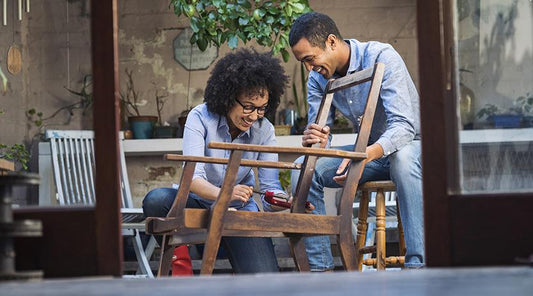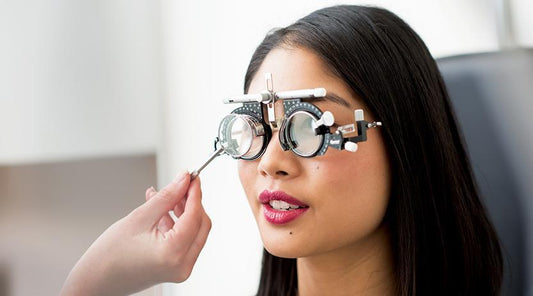How to choose glasses for your child
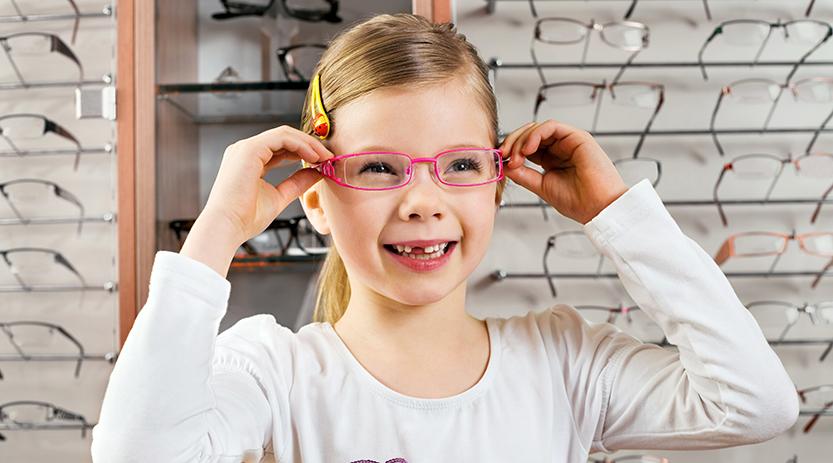
Choosing glasses for kids can be tricky. You need to find a pair that suits their needs, are durable for their active lifestyle, are comfortable to wear and most importantly a pair they’ll want to wear.
We asked Bupa optometrist Karen Makin for tips to help you choose the perfect glasses for your child.
What to consider
The fit.
Glasses need to fit properly and be comfortable to wear. “The frame can’t be too big or too small. If they’re too big they can slip down your child’s nose, if they’re too small they can be tight and uncomfortable especially at the temples,” says Makin. “Also, the sides of the frames shouldn’t be too long – we want the bend to be in line with the back of the ears.”
The look.
It sounds obvious, but if you want your child to wear the glasses, they must like them. “Sometimes parents want to pick the frames, but really the kids should pick something they like,” she advises.
The frames.
It doesn’t really matter whether you go for plastic or metal frames, both are strong and flexible Makin says, unless your child plays sport (some team sports don’t allow metal frames).
The lenses.
Kids can be rough with their glasses, so we do not recommend glass lenses – instead, Bupa Optical recommends trivex, which is tough like polycarbonate but more scratch resistant and resistant to breakage. Sometimes the lens will depend on your child’s visual needs. “If it is a higher prescription we might suggest a higher refractive index lens because it will be lighter and thinner,” Makin says.
Lifestyle factors
Screen time
If your child tends to spend a lot of time on screens in the evening, it’s worth considering a blue light filter for their glasses, Makin says. Blue light is a high energy, short wavelength light that’s emitted by the sun during the day – and by devices and LED lights.
It hits our retinas all the way at the back of our eyes to tell the body it’s daytime – and that we should be wide awake. Which is fine when the day’s getting started, but not so much when it’s time for bed.
“Using a device when it’s getting closer to their bedtime can disrupt their sleeping habits. The blue light filter will block blue light so their bodies can produce enough melatonin to give them a good night’s sleep,” Makin explains.
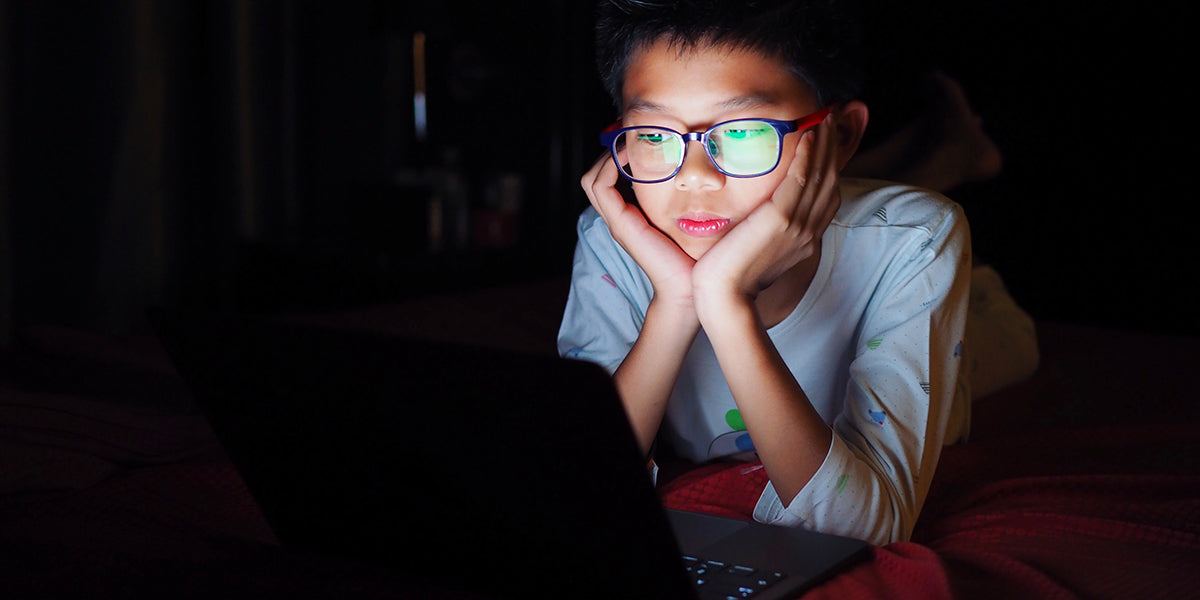
Playing sport
If your child plays a contact sport, such as football, approved sports glasses or goggles will provide the best protection against eye injury. And because kids tend to be a little forgetful, Makin recommends getting a spare pair.
“Sports glasses and goggles come with a strap so they don’t fall off, but you can buy straps to put onto normal frames too.” Another option which may be right for you and your child is contact lenses.

Keeping their eyes healthy
All lenses block a high level of UV light. With that said, if your child needs to wear glasses all the time, they’ll need prescription sunglasses too.
Regardless of what glasses they wear outdoors, your child must wear a hat and sunscreen as well.
“The sun can still get in around the edges of the frames – it’s only the portion of the face that the frame and lens covers that’s actually protected,” Makin points out.
Speaking of outdoor time, make sure your child gets outside regularly.
“A couple of hours, at least, outside every day is really good for the development of the eye and to reduce the risk of myopia or short-sightedness,” Makin says.
Just make sure they have appropriate SPF protection, of course!
It’s important to get regular eye checks for your kids, too (find out more here).
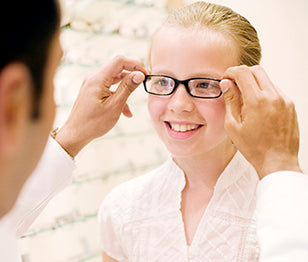
We're here to help
For more advice and assistance with choosing glasses for your child, speak to one of our friendly team members instore.
You might also like to read...
View all-
Do I need an eye test?
Having regular eye tests can help identify and solve any vision problems, and they're a great way to get ahead of any underlying issues.
Eye testDo I need an eye test?
Having regular eye tests can help identify and solve any vision problems, and they're a great way to get ahead of any underlying issues.
Read more -
What should I expect during my eye test?
When you first have an eye test, your optometrist will get the lowdown on your eyes, vision, health and lifestyle in order to tailor the test to you.
Eye testWhat should I expect during my eye test?
When you first have an eye test, your optometrist will get the lowdown on your eyes, vision, health and lifestyle in order to tailor the test to you.
Read more -
Eye tests and out-of-pocket expenses
Worried about the costs of getting your eyes tested? We’ve got good news. They’re usually bulk-billed if you’re covered by Medicare.
Eye testEye tests and out-of-pocket expenses
Worried about the costs of getting your eyes tested? We’ve got good news. They’re usually bulk-billed if you’re covered by Medicare.
Read more



